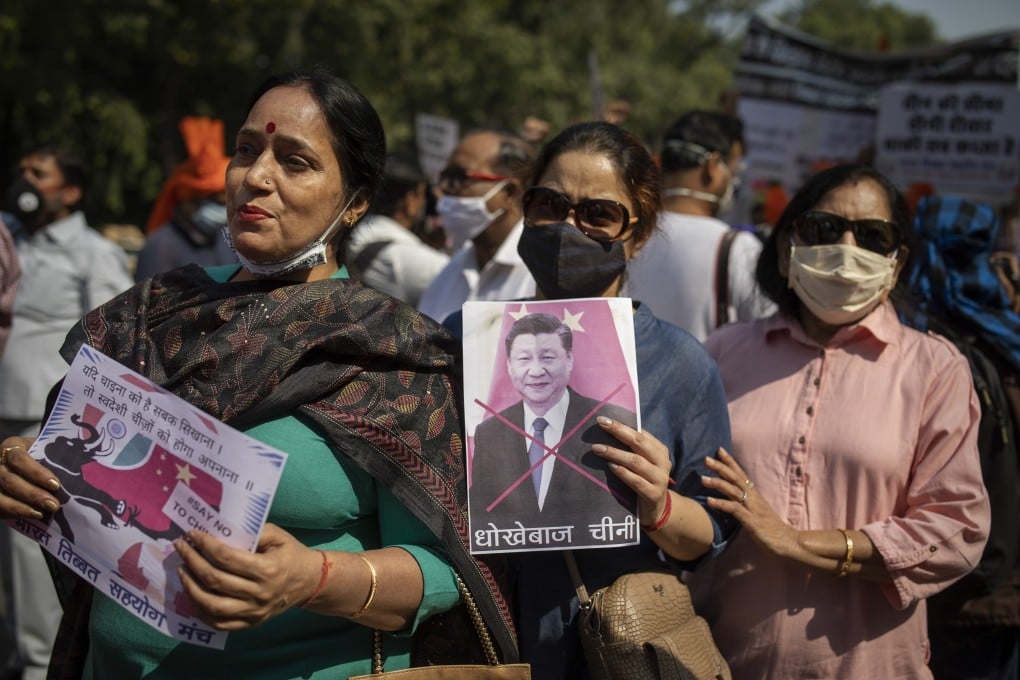Opinion | India is caught between the need for good China relations and rising public anger
- Indian officials have used cautious rhetoric in the hope of easing tensions with China and keeping up Delhi’s foreign policy balancing act between East and West
- Public outrage over Indian soldiers dying in Ladakh and efforts to get the Indian media to toe the line on the one-China principle are complicating Delhi’s diplomacy

In the wake of recent tensions between China and its neighbours, India had an opportunity to lead a middle-power response to China in the Asia-Pacific. India is the only country of comparable size in the region and has built strong security ties with countries such as Japan and Vietnam in recent years. It also has enviable maritime capacity in the Indo-Pacific.
Take India’s official response to that crisis, for instance. In August, the Indian Ministry of Defence removed a document from its website which talked about Chinese transgressions in Ladakh. Meanwhile, Prime Minister Narendra Modi repeatedly avoided naming China in his public statements on the crisis.
Similarly, on the occasion of the Dalai Lama’s birthday this year, both Modi and Indian President Ram Nath Kovind refused to honour the Tibetan leader publicly. Earlier this month, as countries at the United Nations criticised China over its Xinjiang policies, India conspicuously sat out.
There are many reasons for India’s cautious rhetoric. New Delhi seems to be hoping its relatively soft approach on these sensitive issues might encourage China to draw down its troop build-up in the Himalayas. Foreign Minister Subrahmanyam Jaishankar recently expressed hope that the ongoing talks would yield some fruit.

